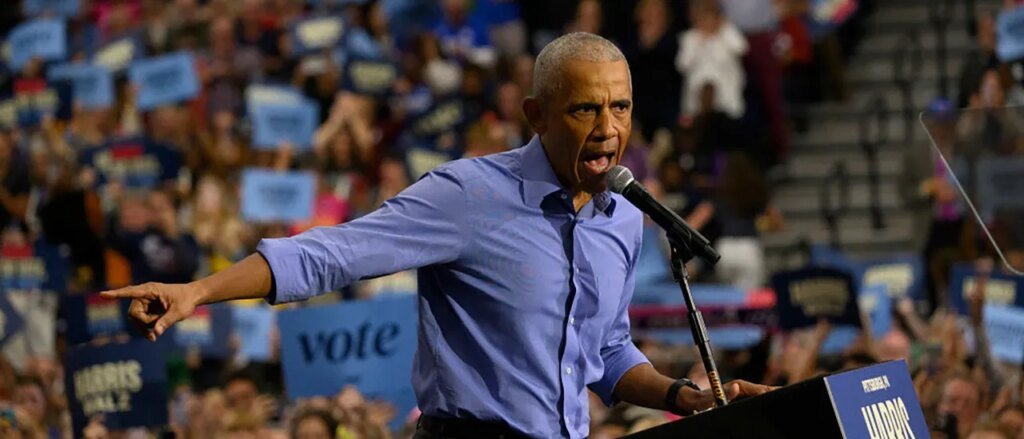It’s become painfully obvious that the Democratic Party has faced significant challenges since last November’s presidential election.
This week, a Quinnipiac University poll showed that Congressional Democrats have an approval rating of just 19%.
Earlier, a Harvard Cap/Harris poll indicated the party’s overall approval sits at 40%. Additionally, Democrats can’t just rely on Republicans, who often act in their own interests, much like seesaws. Interestingly, despite all the drama surrounding the “Epstein Files” incident, President Donald Trump’s approval rating has actually gone up among Republicans this month.
The core issue for Democrats is that their current unpopularity isn’t merely tied to political scandals or changes in Trump’s heated online presence. It’s really a deeper problem, suggesting a need for a significant overhaul.
As mentioned in a column last November, it’s clear that Barack Obama’s 2008 coalition—encompassing minorities, youth, and well-educated whites—has largely faded away. “Obamism” seems to be a thing of the past. Democrats need to confront this reality, perhaps even moving away from advice from Obama. After all, he was instrumental in Kamala Harris’s 2024 campaign strategies and witnessed what didn’t work.
Historically, political parties in America have often reinvented themselves after enduring prolonged periods of dominance by rival parties. To regain traction, Democrats need to move beyond their current fixations and address widespread frustrations, particularly around race, gender, immigration, and crime.
Interestingly, while some conservative Americans may relish the Democrats’ struggles, it appears the party might not fully embrace change.
A case in point is Zohran Mamdani, the recent victor in New York City’s contentious Democratic primary. Mamdani, born in Uganda and a Shia Muslim, identifies as a democratic socialist, though, in many ways, he can be seen as a staunch communist. It might sound harsh, but taking a closer look at his proposed policies for New York City reveals a radical agenda. He’s advocating for city-subsidized bus rides, municipal grocery stores, rent freezes for low-income units, and even the seizure of private property deemed “bad.” His extreme stance also includes a push for the “abolition of private property,” often referencing Marx’s foundational texts.
Moreover, Mamdani’s political identity is also intertwined with a form of identity politics, reflecting the cultural battles that have become central to the Democratic narrative post-Obama. He’s a vocal critic of Israel and has a tendency to endorse rhetoric that strays into anti-Semitic territory, such as calls for worldwide uprisings.
Recently, he spoke out against Trump’s stance on U.S. involvement in the Israel-Iran conflict, labeling it a “new, dark chapter” that could plunge the world into chaos—despite the reality that there were no American casualties involved and a ceasefire was quickly established.
In many ways, Mamdani embodies the unsettling alliance of Marxism and Islamism.
What does this mean for New York City residents? Should Mamdani win in the fall, a mass exodus of people and resources from the city could follow, potentially favoring regions like the Sun Belt. But more crucially, for the Democrats on a national level, this poses deeper questions about their future direction. If there’s any hope for the party to recover by 2024, they’ll need to focus more on the real issues affecting Americans’ daily lives.
Unfortunately, it doesn’t seem like that’s happening. The Democrats appear to be heading in a precarious direction, especially with other far-left figures like Jasmine Rockett (D-Texas) emerging. If they continue down this path, they may face significant political repercussions in the medium to long term. Yet, as someone who usually opposes a strong Democratic presence, I can’t say I’m too disappointed by that prospect.







